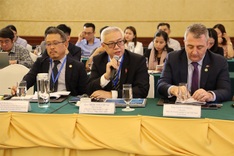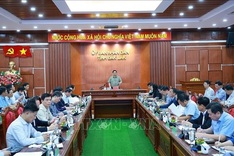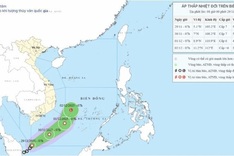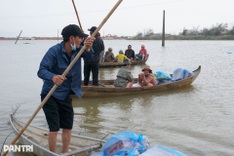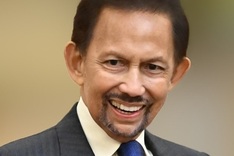
Brazilian President Lula da Silva welcomes Vietnamese Prime Minister Pham Minh Chinh to the 2025 BRICS Summit in Rio de Janeiro. (Photo: VNA)
This marks Vietnam’s first participation in a BRICS Summit as a partner country, representing a significant step in its efforts to strengthen engagement in multilateral frameworks. It underscores the country's role and responsibility as a developing nation in advancing international solidarity, inclusive multilateralism, and respect for international law.
The 2025 Summit is themed “Strengthening Global South Cooperation for More Inclusive and Sustainable Governance”. It is one of the most significant multilateral events of the year, gathering around 20 heads of state and government, the United Nations Secretary-General, and leaders of various international organisations.
At the high-level discussions, the Vietnamese leader is expected to emphasise the importance of multilateralism, economic and financial cooperation, artificial intelligence, climate change, and global health. He will also participate in the announcement of the Leaders’ Framework Statement on Climate Finance that outlines strategies to attract investments for climate action, particularly in Global South nations, and the launch of the BRICS Partnership for the Elimination of Socially Determined Diseases.
BRICS, established in 2006, now comprises 10 member countries, namely Brazil, Russia, India, China, South Africa, Iran, Ethiopia, Egypt, Indonesia, and the United Arab Emirates (UAE). There are also 10 partner countries, including Vietnam, Malaysia, and Thailand.
Amid growing global challenges in politics, economics, and climate change, BRICS is emerging as a strategic cooperation model, playing an increasingly important role in shaping a new global order. The group aims to develop alternative financial institutions and reduce reliance on traditional organisations such as the International Monetary Fund (IMF), while promoting the rise of developing economies.
As the host country, Brazil hopes that the agreements reached at this year’s summit will foster effective cooperation and contribute to addressing the sustainable development challenges faced by emerging economies.

